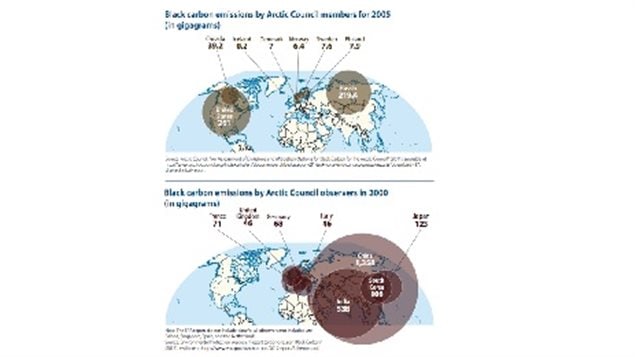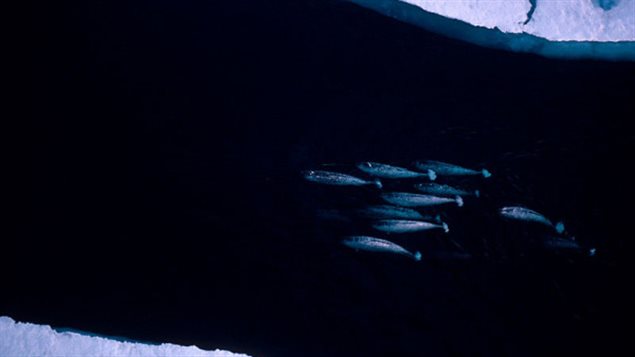Foreign ministers from the eight Arctic states- Canada, the U.S., Russia, Greenland (Denmark), Iceland, Norway, Finland and Sweden – along with representatives from six indigenous organizations and several observers like the World Wildlife Fund (WWF), met in Iqaluit, Nunavut this week as Canada handed the chairmanship of the Council to the United States.
US representative John Kerry says their agenda for the next two years of the chairmanship will deal with actions on climate change. Monitoring ocean acidification, and creation of protected marine areas such as Lancaster Sound.
Paul Crowley, the WWF’s Arctic program director, said the news was encouraging adding in a news release, “Putting nature first, both for Arctic wildlife and for the people who depend on it, should always be at the forefront of the Arctic Council’s activities.”
Another of the US priorities will be to increase co-operation in oil-spill preparedness and response. Kerry also indicated that the US wil try to press for full implementation of the Council framework on black carbon (soot). Under Canada’s chairmanship, an Arctic Council taskforce produced a non-binding plan to control pollutants like black carbon and methane. The framework commits member states to providing inventories of their black carbon emissions from 2015, and to adopting an ambitious collective goal by 2017, which has yet to be negotiated.

Kerry said that the US intends to press for “full implementation” of this framework while at the helm of the Council.
However a Greenpeace commissioned report called “The Practice and Promise of the Arctic Council”, notes that the council is becoming more politicized as economic interest in the Arctic increases, including the statement that “foreign ministries have asserted more control over the Arctic Council agenda and Council messaging, including matters of scientific cooperation”.
The report also said the Council should focus efforts to control those things threatening the region’s fragile environment, ““development, emissions, governance decisions and human activities in non-Arctic regions of the planet that have been primarily responsible for the dramatic loss of sea ice, transboundary pollutants, ocean acidification and other important stressors on Arctic ecosystems that are currently being witnessed and reported on by the Arctic Council
Arctic Council meeting documents here







For reasons beyond our control, and for an undetermined period of time, our comment section is now closed. However, our social networks remain open to your contributions.